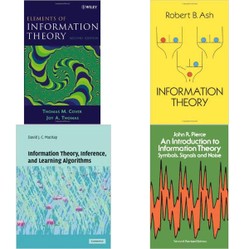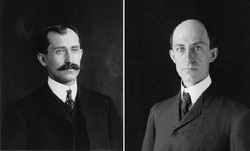Information theory is a branch of mathematics that is very useful, yet not particularly well-known. It deals with topics like information, entropy, order vs. disorder, communication channels, and coding.
Because of its relevance to communication channels, it is studied by most electrical engineers, but it also is related to statistics and data analysis, language processing, cryptography, neuroscience, ecology, and other fields as well. Besides being useful, it is a subject that many people find fun and intuitive.
On this page, I give my reviews of several introductory books and textbooks in information theory. These books include a standard, easy-to-read intro text, an unorthodox text deeply rooted in Bayesian statistics and oriented towards self-study, a conceptual, word-based text that does not require any mathematics at all, and an old classic. Whether you're a teacher or student, I hope you find my book reviews helpful.













 The Shaming of Femininity and Elevation of Masculinityon 07/13/2017
The Shaming of Femininity and Elevation of Masculinityon 07/13/2017
 What is Genderqueer or Non-Binary Gender?on 10/16/2015
What is Genderqueer or Non-Binary Gender?on 10/16/2015
 Resources for Learning Spanish Free Onlineon 04/13/2016
Resources for Learning Spanish Free Onlineon 04/13/2016
 Ways Native Plants Can Help Control Invasive Plantson 05/26/2016
Ways Native Plants Can Help Control Invasive Plantson 05/26/2016



Questions? Comments? Feedback?